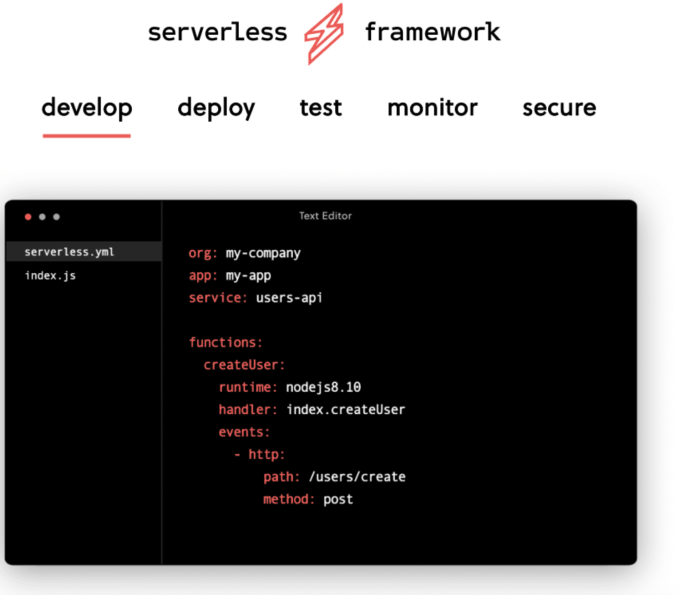Employee engagement isn’t just about the morale of individual workers—it also enables broader workforce productivity and leads to better business outcomes. In fact, research conducted by The Society for Human Resource Management (SHRM) argues that an understanding of the role employee engagement plays in driving morale and productivity is critical to business success.
At Slack, my team of researchers and analysts spends time studying how people work and what they need to do their best work. We consistently find that an important signal of employee engagement lies in how people feel about the tools they use at work.
Good tools can enable both productivity as well as increase morale. We’ve done research to learn more about successful and thriving Slack teams, and what it is about Slack that enables them to do better work.
These teams don’t just talk about how Slack improves efficiency, but also how it builds community and in some ways modernizes the company. We also found that the top three emotions people associate with Slack are happy, fun and easy, which you might not expect from a productivity tool.
Technology overall has impacted how, for how long, and from where we work, as well as our efficiency in getting things done. Engaging employees with technology isn’t just about supplying more robust software, but giving people tools that they look forward to using everyday as much as their preferred personal apps.
When products and technology reflect the nuances of human communication, while at the same time making information more accessible, employees feel more connected — both with the workplace and with their co-workers – resulting in a stronger, more trusting relationships and better performance.
So, how can we challenge ourselves to set higher expectations for the work products we build and use every day, and what would it look like to bring more humanity, fun and delight into the tools we use for work? Here are some principles to keep in mind.
Add emotional context to improve communication
Source: Tech Crunch Startups | The roles tools play in employee engagement
